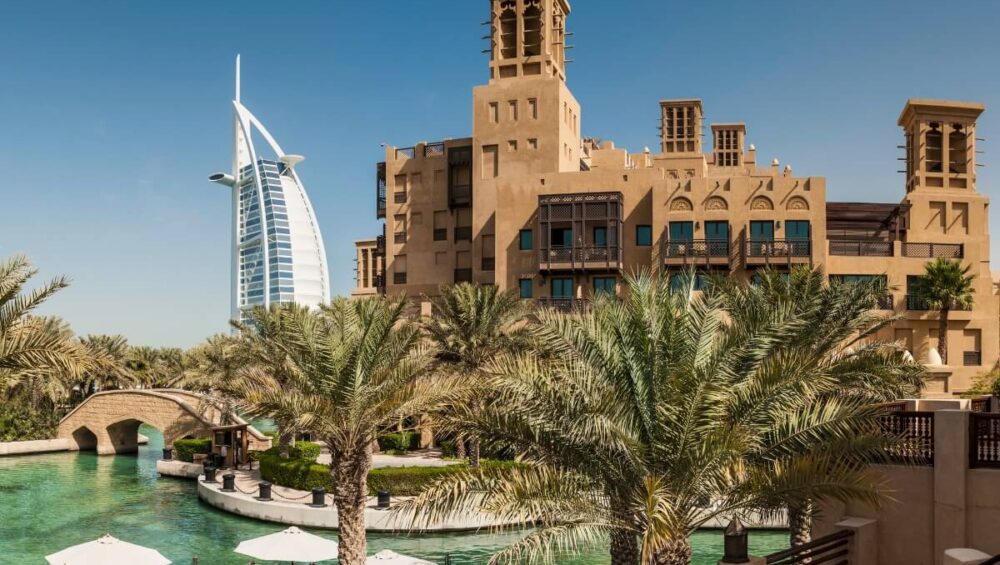Contactless and Carefree How Smart Locks Simplify Check-ins in UAE Hotels
Introduction
In the epoch of digital transformation, the hospitality sector has witnessed sweeping changes worldwide. At the heart of this revolution, the United Arab Emirates (UAE) has consistently been a front runner, embracing a wide array of technological advancements to enhance its services. Among the several cutting-edge technologies adapted, one that stands out is the adoption of smart lock systems in hotels.
The seamless, secure, and personalized user experience offered by smart locks presents an enticing prospect for both the hoteliers and the guests. However, integrating these digital doorways into the UAE’s traditional hotels poses its unique challenges. This article will explore these hurdles and propose strategies to overcome them, thus, paving the way for a successful smart lock implementation.
The Challenges
- Compatibility With Existing Infrastructure
The UAE boasts a rich tapestry of traditional hotels, many of which are housed within heritage buildings. The smart lock systems, designed with modern aesthetics and requirements in mind, often struggle to fit seamlessly with these establishments’ age-old architecture and décor.
- Technological Literacy
While younger guests may be comfortable with digital technology, the older generation may find themselves grappling with these devices. There is a risk that these guests may view the smart lock systems as more of a hindrance than a convenience.
- Security Concerns
Although smart lock systems are designed to offer superior security, concerns about hacking and digital theft persist. Despite these systems being encrypted, the fear of digital breaches might deter some hoteliers and guests from embracing this technology.
Overcoming the Challenges
Customization
One size does not fit all. Acknowledging the unique nature of traditional hotels, smart lock providers need to offer customizable solutions that cater to specific architectural and aesthetic needs. By doing so, hotels can maintain their historic charm while benefiting from modern security systems.
Education and Training
Creating a smooth transition from traditional keys to smart locks requires more than just the physical implementation of technology. It also involves investing time and resources in educating both staff and guests about the benefits and operation of these systems. A well-informed user is more likely to appreciate and properly use smart locks.
Robust Security Protocols
Addressing security concerns requires a two-pronged approach. First, robust security protocols, including end-to-end encryption and regular software updates, are crucial. Second, hotels must communicate these measures effectively to their guests, assuring them that their security is a top priority.
Conclusion
While the journey towards smart lock implementation in UAE’s traditional hotels is fraught with challenges, the benefits are too significant to ignore. By harnessing the power of customization, education, and stringent security measures, these hurdles can be transformed into stepping stones towards a safer, more convenient, and digitized hospitality industry.
As the UAE strides into the future, the fusion of its treasured heritage with the promise of modern technology is a thrilling prospect. The successful integration of smart lock systems in traditional hotels is not just a testament to this vision, but also a beacon illuminating the path for other nations to follow.




